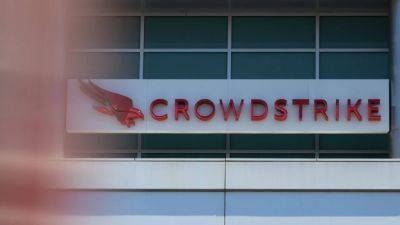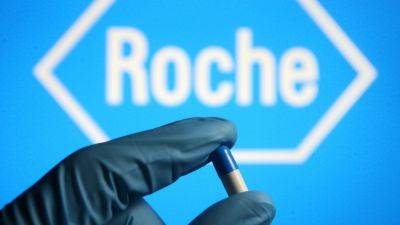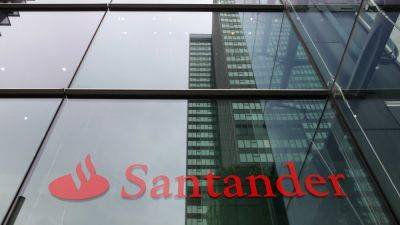Alzheimer's drug from Eisai and Biogen rejected in Europe
(Reuters) -- The European Union's drugs regulator has rejected Eisai and Biogen's Leqembi treatment for early Alzheimer's disease, saying the risk of serious brain swelling did not outweigh its small impact on slowing cognitive decline.
The decision is a blow to the companies as the drug faces slow take-up in the U.S. and underscores the complexities tied to a new class of drugs that have benefited early stage patients but could cause rare and serious side effects.
Following the rejection, Biogen's shares fell about 7% in U.S. trading, while rival Eli Lilly, which makes a similar drug, slipped 1%.
Eisai and Biogen said they will seek reexamination of the recommendation, but did not disclose what information they would provide the regulator.
The therapy, also known as lecanemab, is approved in the U.S., China, Hong Kong, Israel, Japan and South Korea, and would have been Europe's first drug to treat the neurodegenerative condition rather than its symptoms.
The infusion, given twice a month, removes sticky clumps of protein amyloid beta from the brain, believed to be a hallmark of Alzheimer's disease.
In clinical trials, the drug slowed cognitive decline by 27% in early Alzheimer's patients, compared with a placebo.
In Europe, 7 million people live with the disease, according to nonprofit Alzheimer's Europe, which was disappointed with the decision.
The EU regulator said it relied on the analysis by the agency's Committee for Medicinal Products for Human Use, and cited three primary concerns.
An 18-point scale used in the trial to measure functions such as memory and problem-solving showed only a small absolute difference in patients who received lecanemab versus a placebo, it said.
It also pointed to cases of ARIA, a type of brain







